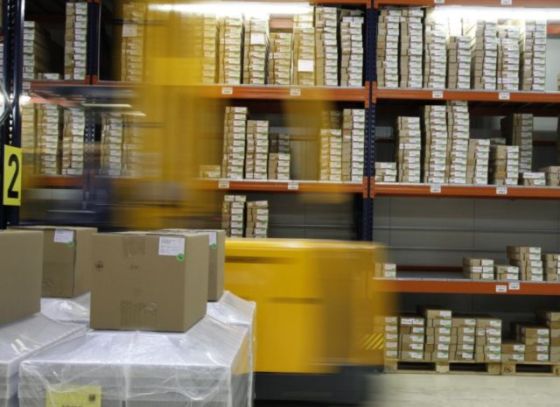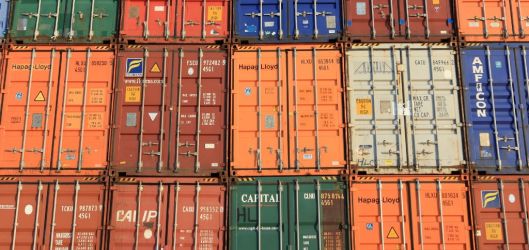
There are concerns the significant stockpiling trend seen earlier in the year is 'far from over' as retailers, warehouses and manufacturers once again step up post-Brexit preparations in time for the UK's scheduled exit on 31st October.
Earlier this year businesses showed signs of 'panic buying' as they increased imports to negate the need to pay import fees under a hard Brexit, prior to the original Brexit date 29th March. The stockpiling continued beyond the second anticipated date 12th April as many businesses rushed to avoid price hikes after the UK leaves the EU.
In January, Torque reported that 75% of UK warehouse owners had run out of space, while storage costs had gone up by a quarter as wholesalers and distributors prepared for the original Brexit date.
One UK firm, Midland Pallet Trucks, urged local organisations at the time to focus on preparing for Brexit with long-term value in mind, instead of panicking.
"Brexit is scheduled to take place less than two months before Christmas, so it's obviously very natural that retailers who rely on goods from the EU will be keen to secure those items that are typically in demand over the holidays, such as alcohol, at fee-free prices," said Managing Director Phil Chesworth. "Clearly, stockpiling is far from over, but we are keen to reiterate that stockpiling is a plaster on a wound, and that we must look at longer term solutions to prepare for whatever situations we may find ourselves navigating post-Brexit."
Although stockpiling resulted in a small, positive boost to the economy, experts are predicting that this new burst of activity will fail to have the same effect with warehouses at capacity. This means that the volume of goods that warehouses can reasonably take in during round two is severely limited, and therefore making the same sort of economic boost seen at the start of the year unlikely.
However, this view isn't reflected by the entire industry; prior to the March deadline, Hall-Fast Owner Malcolm Hall said he believed the uncertainty surrounding Brexit provided businesses with new opportunities to, "diversify and think differently about things, [and] despite all of the scaremongering, nothing much will change come March 2019."
Meanwhile, Cromwell UK blamed Brexit uncertainties for its slower growth leading up to the original Brexit date, British Steel sought a £75 million loan to keep afloat due to 'Brexit-related issues', and one of the UK's largest suppliers of fasteners and fixings, Hexstone, put over £3 million extra stocks in place as a contingency for Brexit difficulties in the supply chain.
Now, the industry is gearing up for what many hope is the final Brexit deadline on 31st October, with many still uncertain what post-Brexit Britain will really look like.



